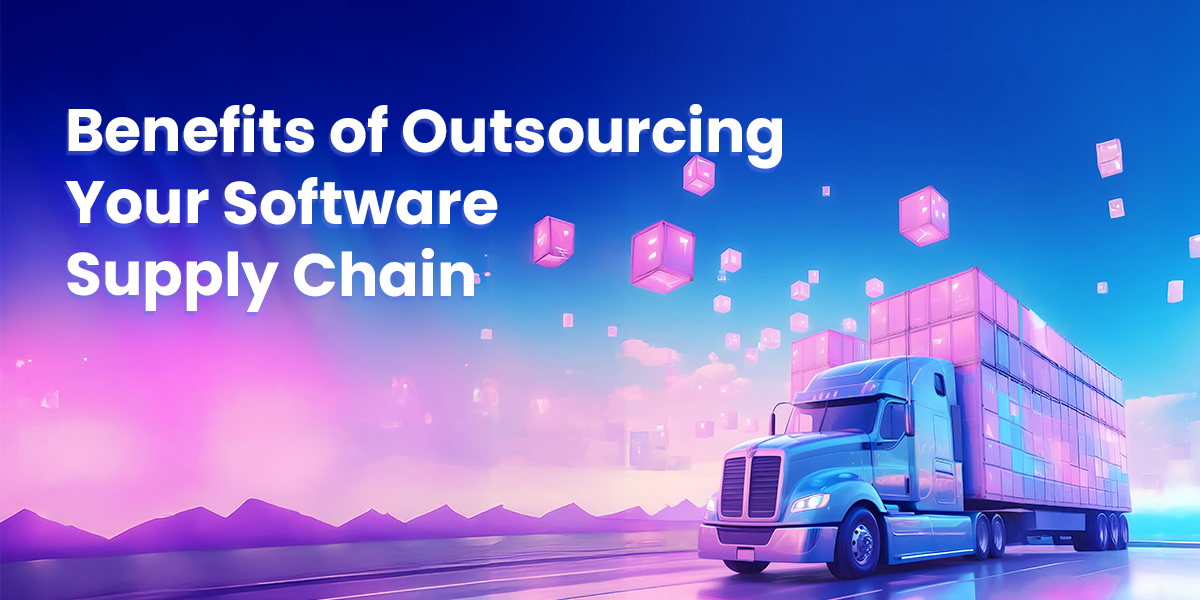This whitepaper details the advantages of outsourcing your open source software supply chain to a modern third party vendor like ActiveState:
- Software vendors are in the software supply chain management business, whether they realize it or not:
- Software is mostly assembled from open source components (>80%) rather than written from scratch, but only the largest vendors have the time and resources to treat their software supply chain as a first class citizen in their software development process.
- Most organizations cobble together multiple point solutions to address the maintenance and security associated with the open source components they use, and then hope for the best. Hope is not a plan.
- Software is mostly assembled from open source components (>80%) rather than written from scratch, but only the largest vendors have the time and resources to treat their software supply chain as a first class citizen in their software development process.
- Instead, software vendors can take a lesson from traditional manufacturing who outsourced their supply chains some 50 years ago in order to better focus on the final product.
- The result was a sharp increase in both efficiency and profitability.
- In the same way, software vendors can lower security risks, improve productivity and lower costs by letting a qualified third party securely source, maintain and update open source components on your behalf.
- The result was a sharp increase in both efficiency and profitability.











